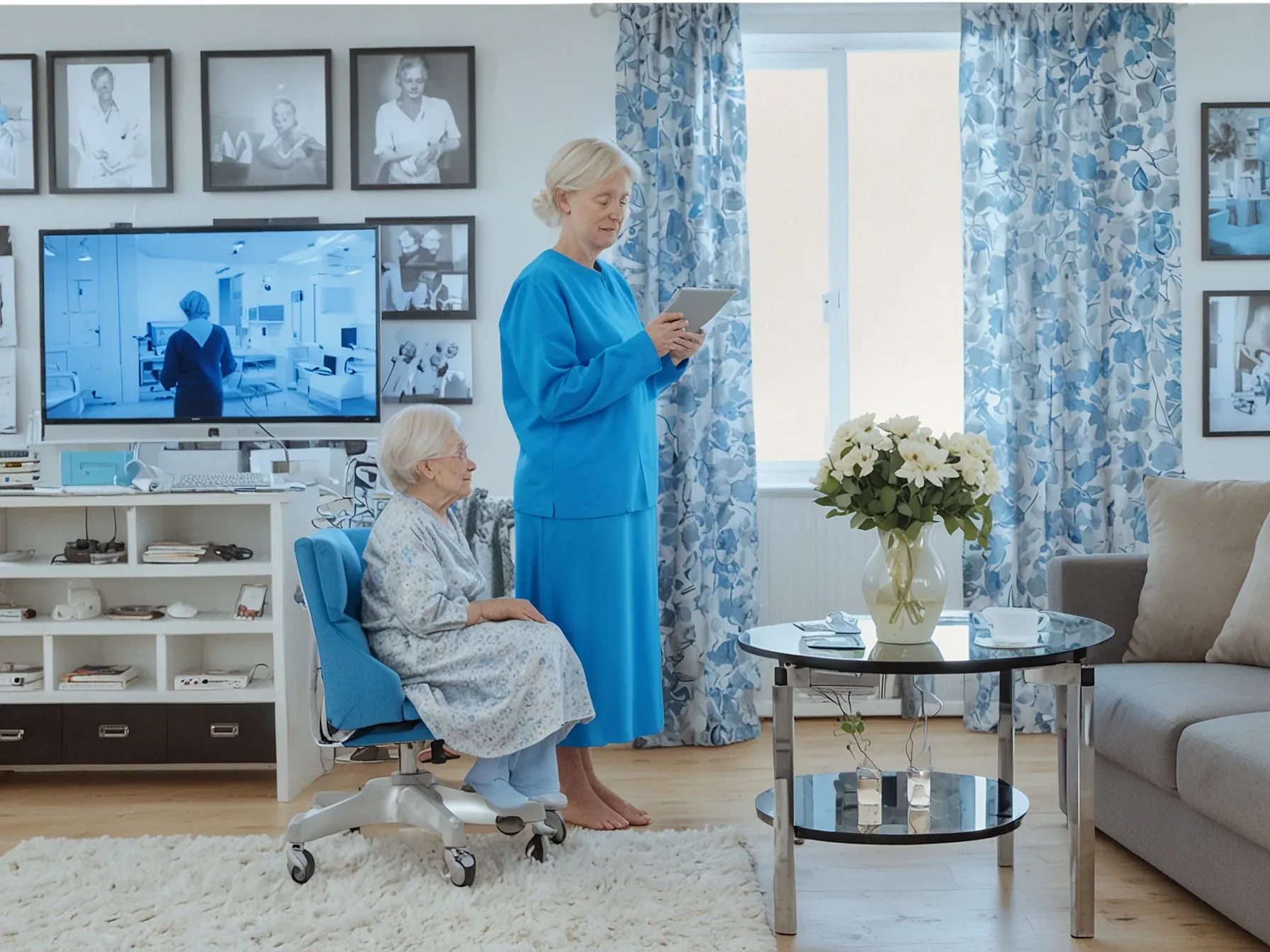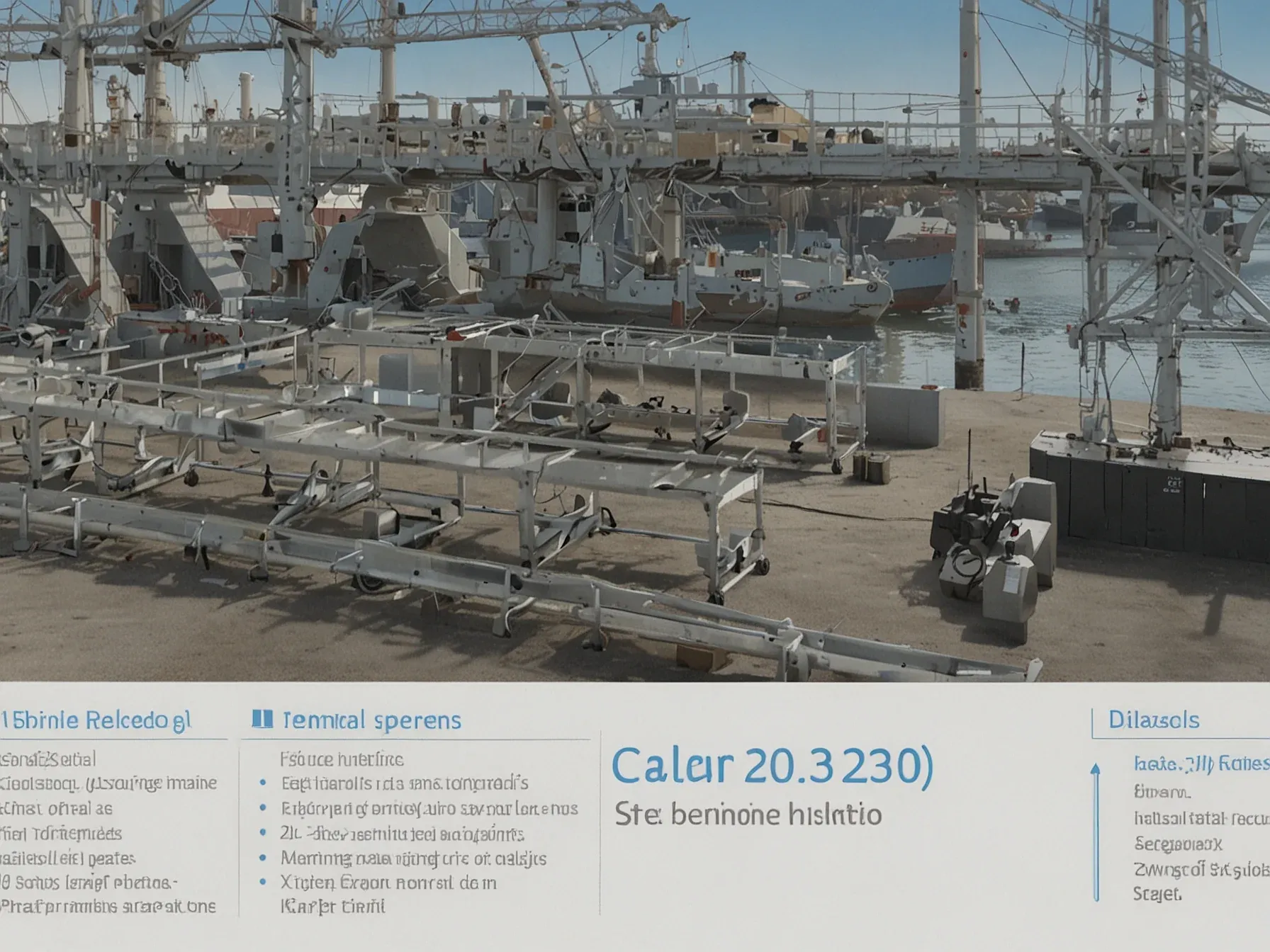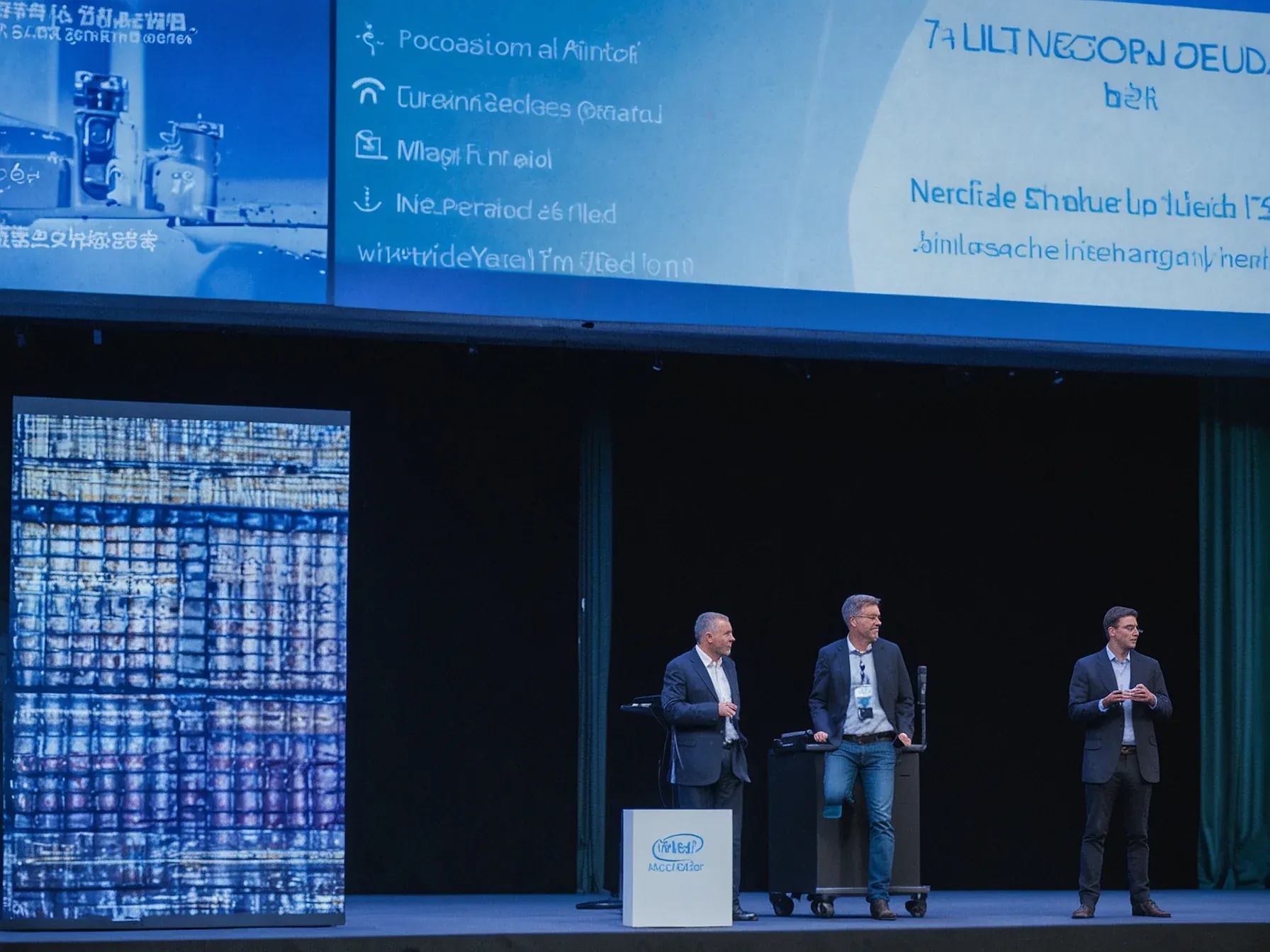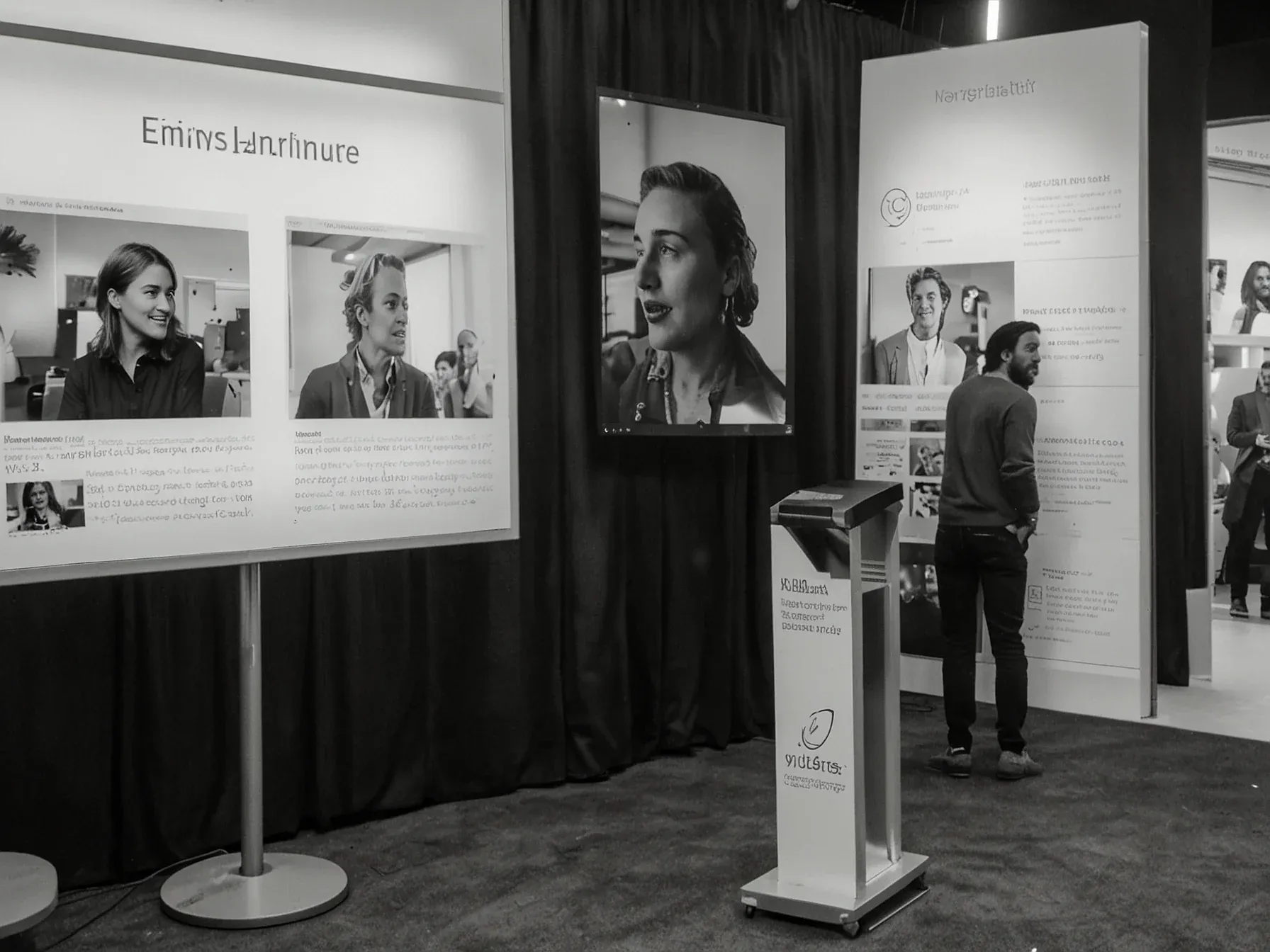
Editorial illustration for TCS and SINTEF Partner to Extend Elder Care Through Artificial Intelligence
AI Elder Care: TCS and SINTEF's Breakthrough Innovation
TCS teams with Norway’s SINTEF to apply AI for longer home care
Aging populations are reshaping how technology supports independent living. Tata Consultancy Services (TCS) is stepping into this critical space with an ambitious partnership alongside Norway's leading research organization, SINTEF, targeting elder care through artificial intelligence.
The collaboration aims to develop new solutions that could transform how seniors maintain independence at home. By applying advanced social AI technologies, the companies want to create personalized support systems that adapt to individual elderly residents' unique needs and circumstances.
Norway's aging demographic makes this initiative particularly timely. Researchers are betting that intelligent technologies can help seniors stay healthier and more connected, potentially reducing institutional care costs while improving quality of life.
What sets this project apart is its focus on nuanced, personalized technological support. Rather than a one-size-fits-all approach, TCS and SINTEF are developing AI systems designed to understand and respond to each elder's specific requirements, preferences, and health conditions.
The partnership signals a promising intersection of technology, healthcare, and human-centered design. Seniors might soon experience a new era of supportive, intelligent home care.
SINTEF shares similar values, and I believe that together, we can improve the quality of life and help the elderly in Norway to be able to stay healthy, in the comfort of their homes much longer." What makes this initiative innovative is the use of Social AI to understand the unique needs of each individual and personalise their care, TCS said. By combining advanced research with digital technology, the platform not only improves elderly care but also sets the stage for smarter more inclusive healthcare solutions in the future. Sapthagiri Chapalapalli, head of Europe at TCS, said, "Together with SINTEF, the identification of specific, practical AI use cases that address real business challenges focusing into usability and human-centric approach will come full circle." Chapalapalli said the company's digital technologies will add scale and speed to SINTEF's research and innovation activities, enabling these projects to have an even greater reach and impact for society.
The partnership between TCS and SINTEF signals a nuanced approach to elder care that goes beyond traditional support models. By using Social AI, the initiative aims to personalize care experiences for elderly individuals in Norway, potentially allowing more seniors to age comfortably at home.
The collaboration's core strength appears to be its focus on understanding individual needs through advanced digital technology. Rather than a one-size-fits-all solution, this approach suggests a more adaptive, human-centric method of supporting aging populations.
Personalization seems key. The AI platform will likely analyze unique requirements for each senior, creating tailored care strategies that could significantly extend independent living capabilities. While the full technical details remain unclear, the partnership hints at a promising intersection of technology and compassionate care.
Norway's commitment to new elder support stands out. By combining SINTEF's research expertise with TCS's technological capabilities, the project could offer a blueprint for more sophisticated, empathetic aging support systems.
Still, questions remain about buildation and individual privacy. But for now, the initiative represents an intriguing step toward more responsive, individualized elder care.
Further Reading
- TCS Company Profile: Stats, Revenue & Deals - EIIR Trend
Common Questions Answered
How will TCS and SINTEF use Social AI to support elder care in Norway?
TCS and SINTEF are developing personalized AI technologies that can understand the unique needs of elderly individuals and provide tailored support. By leveraging advanced social AI, the partnership aims to help seniors maintain independence and stay healthy in their own homes for longer periods.
What makes the TCS and SINTEF elder care initiative innovative?
The initiative is innovative because it moves beyond traditional care models by using Social AI to create personalized care experiences for each individual. Instead of a one-size-fits-all approach, the technology will adapt to the specific needs and preferences of elderly individuals, potentially improving their quality of life.
What is the primary goal of the partnership between TCS and SINTEF?
The primary goal is to develop advanced AI solutions that enable elderly individuals in Norway to maintain independence and receive personalized support while living at home. By combining digital technology with in-depth research, the partnership seeks to transform elder care and create more inclusive healthcare solutions.




